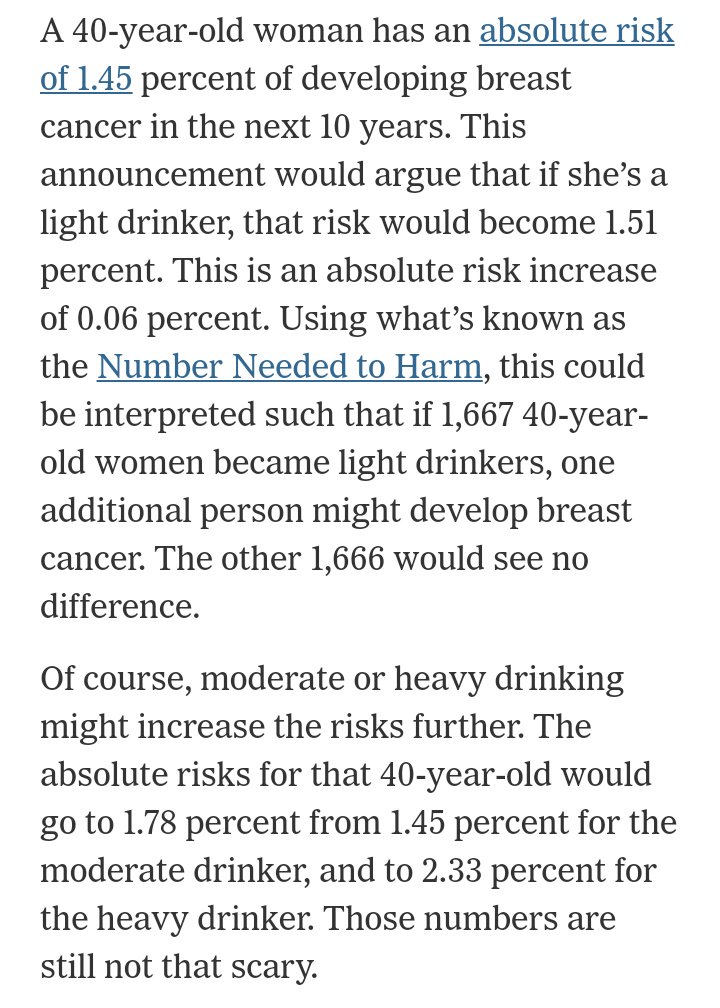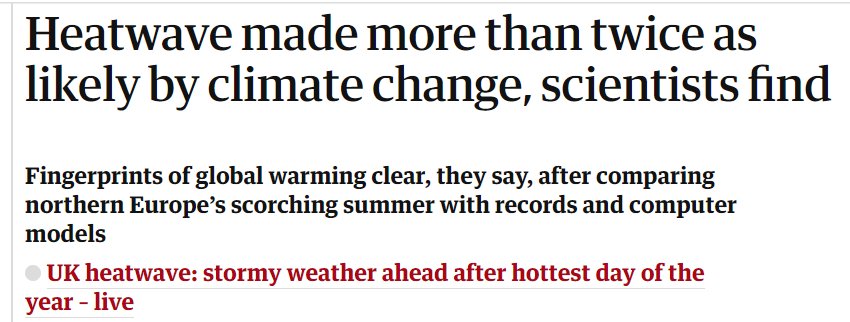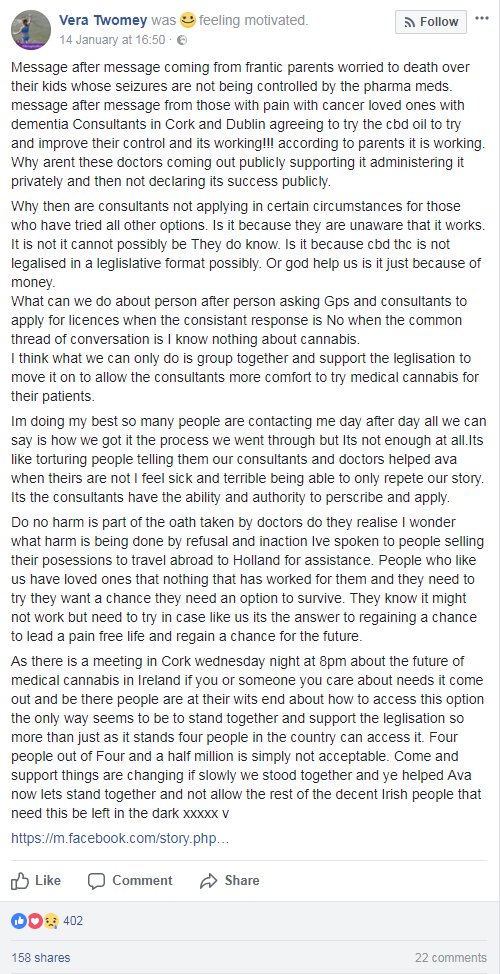As a cancer researcher & science communicator, I have very mixed feelings on proposed #alcohol cancer labelling for drinks. I'll try here to elucidate why, and you can tell me whether you agree or not (1/n)
https://twitter.com/SimonHarrisTD/status/1044188587804295168
...so firstly, is alcohol a carcinogen? Almost undoubtedly, yes. IARC grade it a class 1 carcinogen, alongside asbestos, ionizing radiation, & smoking. We even know some mechanisms of damage. So labels should be a no-brainer, right? (2/n)
...well not quite. The real question isn't just whether something causes cancer (oxygen, processed meat, and sunlight are also Class 1 carcinogens for example) but how much it increases our risk of getting cancer. We need both bits of information to make a call (3/n)
...to understand that, we need to delve into the realm of risk. So a more pertinent question is "how much does drinking raise your cancer risk?" - and the answer to that is all to do with dose. Indeed, we see clear elevation in head & neck cancers in severe alcoholics (4/n)
...but the actual absolute risk increase for cancer due to alcohol is not especially high. There's a nice NYT article on it here, with this example for breast cancer risk.. (5/n) nytimes.com/2017/11/10/ups… 

..on top of this is the thorny issue of co-morbidity; there is good evidence that smoking ALONGSIDE drinking does far more damage than drinking alone. So there is likely differences between drinking smokers & non-smokers hard to tease out of epidemiology (6/n)
.. so if available evidence suggests a clear link between alcohol & cancer, why then do I have mixed feelings on labels? Firstly because the absolute risk increase is small; it's not like smoking or sunbathing, where risk increases are massive. Will a warning confuse? (7/n)
..I would worry it would. IARC classifications already widely misunderstood; remember the furore over meat in 2015? Headlines like this stinker from Guardian were common. Just because two things can cause cancer doesn't make them equal risks (8/n)... 

...yet that is precisely what is often taken from that. I know I've ranted on this before, & @edyong209 has this great piece on why IARC so frequently misunderstood. Re: alcohol cancer warnings, the pertinent question is how will these be understood (9/n) theatlantic.com/health/archive…
..and my concern is that without the appropriate context, they will be completely misinterpreted & cause more undue concern & public confusion than is appropriate. I would hope @SimonHarrisTD would consult w/ experts in public understanding of science to avoid this (10/n)
..to conclude, alcohol certainly ups our risk of certain cancers but it's important messaging is proportional to that risk, and not just done without due consideration of how it'll be perceived, and whether it'll help or hinder public understanding. (11/n)..
..I would hope this is kept in mind for final legislation. As this recent PLoS Medicine paper explores, the health consequences of alcohol are complex & simple messages misleading (12/12, n=12) journals.plos.org/plosmedicine/a…
Postscript: Chatting with @DrRobertOConnor & I do think it's important people know that alcohol is a carcinogen. But still in two-minds over whether this is the most pertinent thing to emphasize, given the greater psychological, physical, & social damage alcohol can do...
• • •
Missing some Tweet in this thread? You can try to
force a refresh










